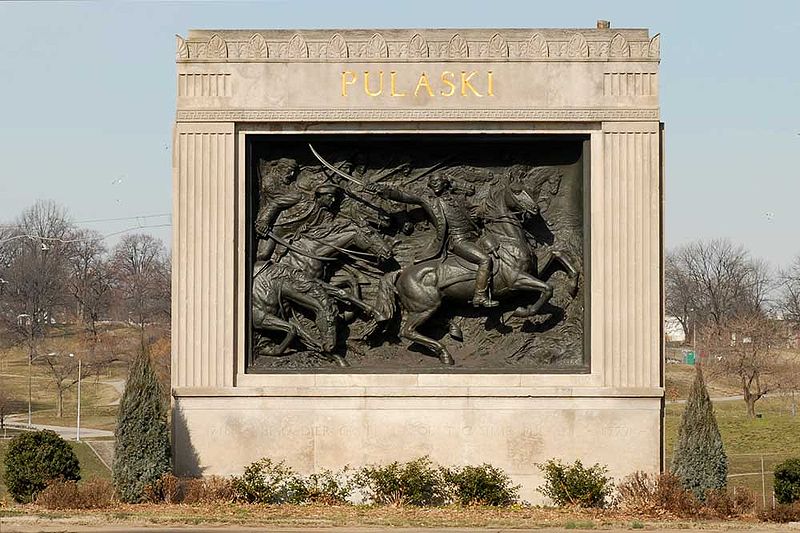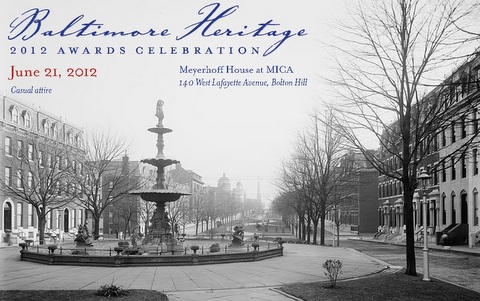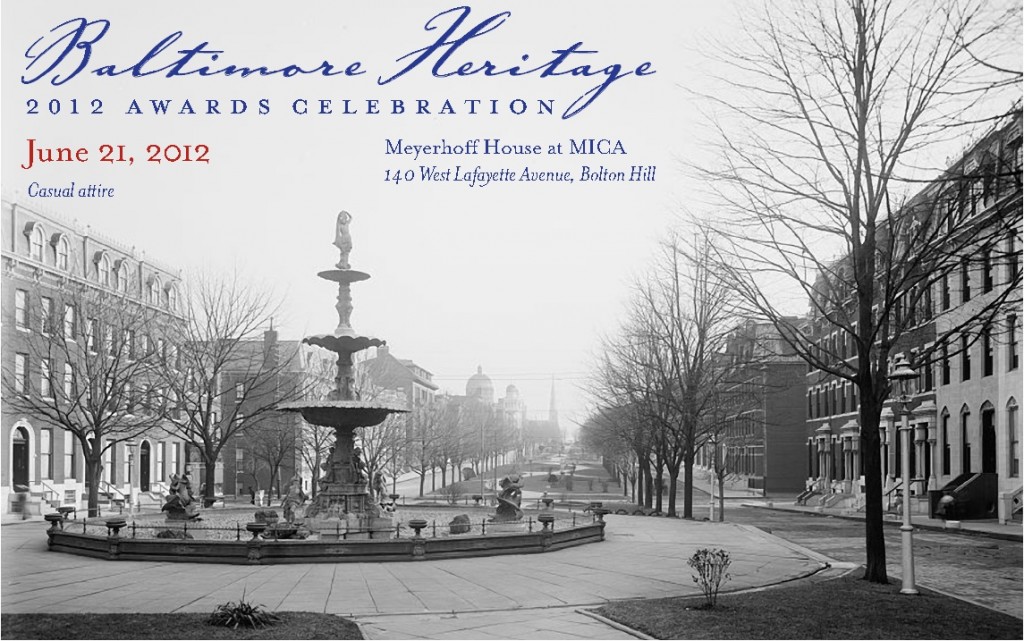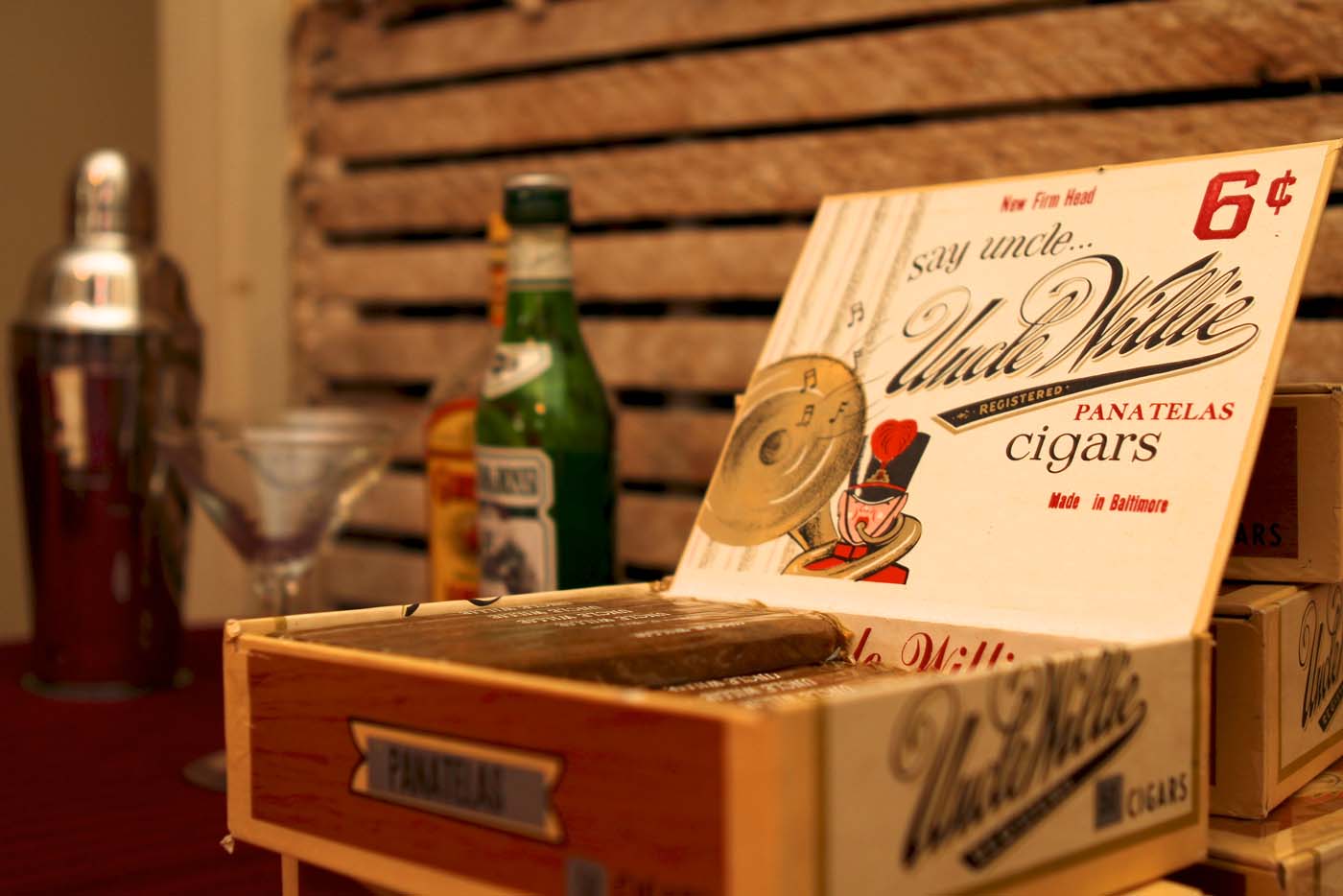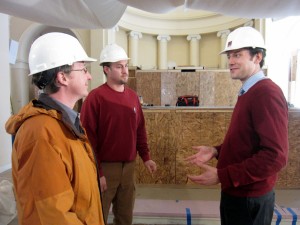 Yesterday morning, Tyler Tate from Lewis Contractors gave my colleague Eli and me a real treat: a visit up into the scaffolding that has been standing in the main sanctuary of the Baltimore Basilica to repair damage from the summer’s earthquake. The scaffolding, almost miraculously, spans the pews below and reaches to the top of the dome. The earthquake cracked plaster, compromised arches, and caused damage throughout the building, and the scaffolding essentially allowed the work crews to reach every inch of the interior. Weekend services (and even weddings) have bravely continued throughout the restoration thanks to the draperies that have hidden much of the scaffolding. The project is now winding down and the scaffolding is being removed, but we wanted to share some photos of our visit and what the ceiling of the Basilica looks like from up-close. I think that after our nose-to-nose look at the plaster, paint and stabilization work, the Basilica will be more stunning following this restoration than it was even after the major restoration work a few years ago.
Yesterday morning, Tyler Tate from Lewis Contractors gave my colleague Eli and me a real treat: a visit up into the scaffolding that has been standing in the main sanctuary of the Baltimore Basilica to repair damage from the summer’s earthquake. The scaffolding, almost miraculously, spans the pews below and reaches to the top of the dome. The earthquake cracked plaster, compromised arches, and caused damage throughout the building, and the scaffolding essentially allowed the work crews to reach every inch of the interior. Weekend services (and even weddings) have bravely continued throughout the restoration thanks to the draperies that have hidden much of the scaffolding. The project is now winding down and the scaffolding is being removed, but we wanted to share some photos of our visit and what the ceiling of the Basilica looks like from up-close. I think that after our nose-to-nose look at the plaster, paint and stabilization work, the Basilica will be more stunning following this restoration than it was even after the major restoration work a few years ago.
In addition to Lewis Contractors and the Archdiocese of Baltimore, the project team includes architects Cho Benn Holback, plaster repair experts Hayles and Howe, and paint specialist Thomas Moore Studios. Fandango Productions provided the drapes over the scaffolding – a first for their business.


